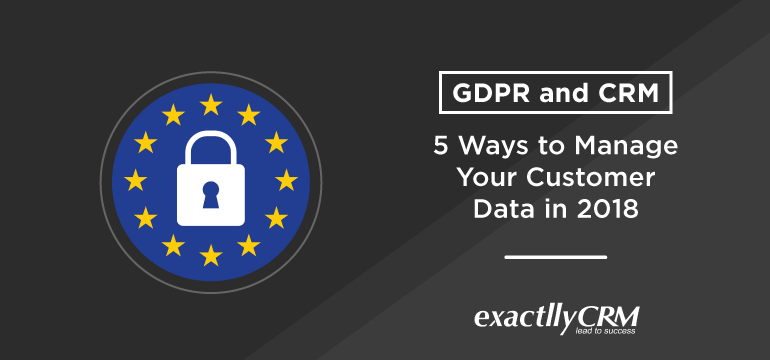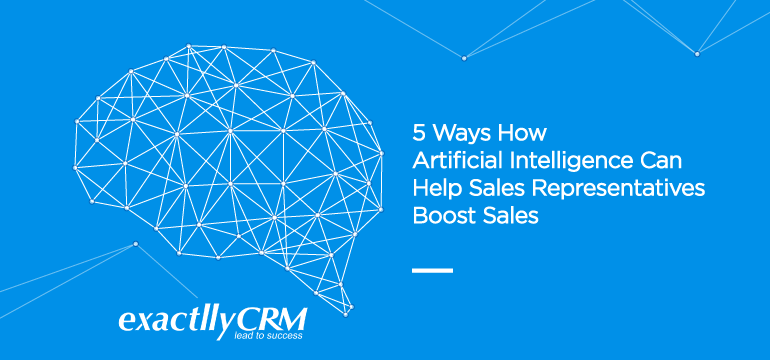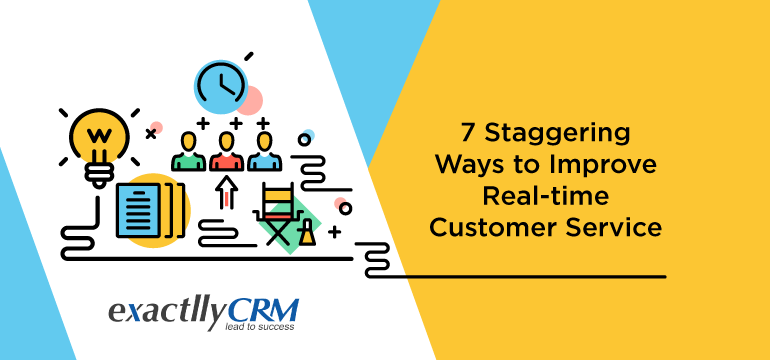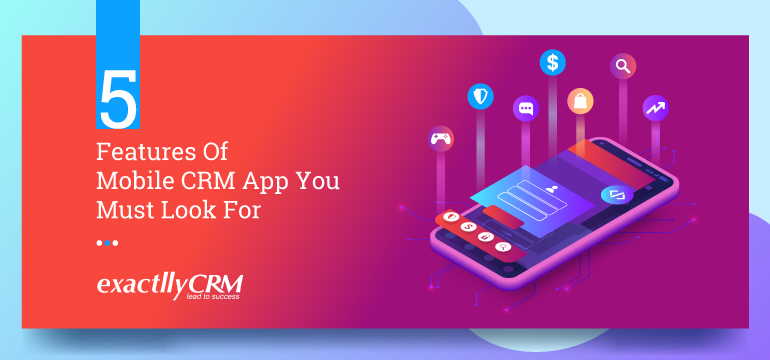CRM for Insurance Sector: 10 Things You Need to Know
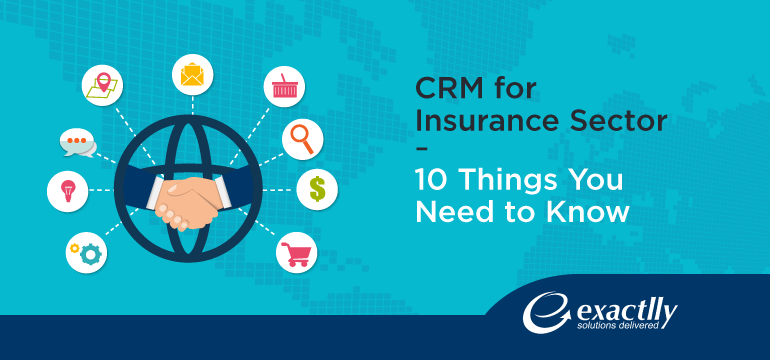
Studies show that insurance companies not only find it difficult to manage and sustain existing customers but also find it hard to onboard sufficient numbers of new customers. At every stage of an insurance product’s lifecycle, the importance of CRM is quite apparent.
Right from the time of onboarding new customers to managing their profiles, providing customer service, and reminding them to renew policies, the importance of a dedicated CRM can hardly be understated. CRM helps policy agents efficiently manage profiles and deliver the best customer support to existing clients. In addition, they can also enhance sales and marketing results thanks to various automation features.
In this article, we list 10 factors you need to know to understand how CRTM can help your insurance business.
1. Understand Potential Customers –
Insurance customers come from varied backgrounds and it is important to understand their demographic and psychographic attributes. In addition, risk assessment of customers needs to be done in an objective manner as well. CRM tools that are geared towards insurance companies do just that. They help agents to put a number to the risk quotient of every customer. Premiums can be set automatically based on the understanding derived from the CRM.
2. Customize Marketing and Sales Campaigns –
Research shows that personalized marketing communication is particularly important in creating a sense of need and urgency. This is particularly true of the insurance industry. A good CRM can identify attributes of customers with which one can develop marketing and sales campaigns that urge customers to buy policies. Campaigns can focus on creating a sense of urgency to motivate new customers into purchasing policies. This is only possible when CRM insight is used to create campaigns.
3. Onboard new Customers Easily –
Agents often find it hard to run through multiple forms, documentation and verification processes. This results in unnecessary delays and frustration to policy agents. A CRM can instantaneously help agents onboard new customers quickly. Form verification, processing of documents and creating profiles can all be automated, thanks to CRM. This allows agents to provide better customer service, instead of causing unnecessary delays to customers.
4. Provide Excellent Customer Service –
One of the most important features of a CRM that is dedicated to the insurance arena is its ability to process claims quickly. CRM tools that are custom-made for insurance sellers come with the ability to process claims based on a number of criteria. Elimination of long queues and long waits can enhance customer experience and help insurance companies to achieve better customer satisfaction scores. In addition, CRM can also assist customers with self-service features. They can set up reminders to renew policies or have you call them when it is time to do so.
5. Upsell and Cross-Sell Insurance Products –
CRM provides deep insights with the help of which agents can identify customers’ pain points and emotional needs. These pain points and needs can be used to match them with insurance products that are particularly suited to their needs. In other words, agents can quickly cross-sell and up-sell insurance products, depending on the context. Studies show businesses often do not make use of cross-selling and up-selling opportunities because they fail to recognize the possibilities.
6. Access Valuable Insights and make Accurate Forecasts and Predictions –
As CRM collects a lot of data about customers, it can derive valuable insights and reports. Such insights can be used to design better campaigns, provide better customer service, and make accurate sales forecasts. Insights derived from CRM can be compared with other tools such as ERP in order to gain a deeper understanding of issues that the insurance company might be facing. In addition, one can accurately predict customer behaviour and make contingency plans based on that.
7. Create a Consistent Brand Experience –
CRM has the unique role of providing a consistent and reliable brand experience. One of the ways this can be done is via customer support and initial contact with agents. When customer service agents and sales professionals provide a similar experience each time a customer makes contact, the contact becomes a part of the brand experience. Consistent brand experience is crucial in the insurance and finance sectors as this reflects credibility.
8. Makes Insurance Agents more Mobile and Efficient –
A unique characteristic of insurance policy agents is that they are often on the move. A CRM tool allows them to access customer data even when they are on the move, right on their cellphones. This makes onboarding, managing profiles, providing customer service, etc., mobile and flexible. Agents no longer need to depend on bulky laptops to manage profiles and onboard customers. They can quickly do it right on their cellphones.
9. CRM Directly Results in Customer Loyalty –
CRM can be used to reinforce customer loyalty by providing excellent customer service. In addition, sending reminders, tips and suggestions can all be automated. In fact, what used to be dedicated customer service can now be automated via CRM. Customer data can be used to create personalized strategies that directly result in customer loyalty. In short, a CRM provides you with a single customer view thanks to which you can deliver a holistic solution to every single customer.
10. Build Customer Profiles –
A CRM helps you to build a customer profile based on every interaction you will have with him or her. For instance, right from the time they clicked on the CTA button of an online ad to the point where they actually have begun to renew policies, customers will have called up customer service. Some may have chosen to communicate with chatbots or send emails. All these interactions can be mapped and analyzed for deep insights.
A customized CRM is what every Insurance Company Needs –
As you can see, a CRM can be the perfect solution for an insurance business. It helps you understand your customers better and create tailor-made marketing and sales campaigns. You can onboard new customers automatically, and help resolve their issues along their buying journey. Opportunities to cross-sell and up-sell can be identified quickly and you can use insights to make accurate sales forecasts. Most importantly, a customized CRM will help insurance agents to become more mobile and efficient, resulting in a consistent brand experience for customers. Finally, you can easily build customer profiles and work towards enhancing customer loyalty. To learn how a CRM can help your insurance business, Contact Us today, and get a Free Demo.


